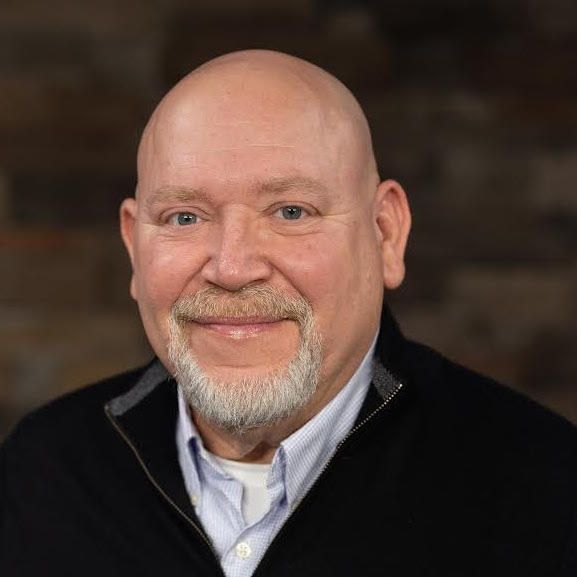The Most Important Results (by Dr. Billy Strother)
The bush is burning, but not being consumed. That caught Moses’ attention! In the detail of the familiar story in Exodus 13, when Moses cautiously walked near to check out the strange sight, God called out to Moses from the burning bush. Sandals come off as Moses stands on holy ground. Afraid to look at God, Moses hid his own face. God announced he had come down to rescue the Israelite slaves, concerned about their suffering. The Lord commissioned Moses to lead the Israelites out of Egypt.
In case Moses was challenged by the enslaved Israelites, Moses said to God, “Suppose I go to the Israelites and say to them, ‘The God of your fathers has sent me to you,’ and they ask me, ‘What is his name?’ God says to Moses, ‘I AM WHO I AM.’ This is what you are to say to the Israelites: “’I AM has sent me to you,’” (Exodus 13:13-14).
I AM . . . is God’s self-identification.
And Jesus? We call attention to Jesus’ seven autobiographical “I AM” declarations in the four Gospels . . . “I AM:”
1. “. . . the bread of life”
2. ”. . . the light of the world.”
3. “. . . the gate.”
4. “. . . the good shepherd.”
5. “. . . the resurrection and the life.”
6. “. . . the way, the truth, and the life.”
7. “. . . the true vine.”
I AM . . . Jesus’ self-evaluation.
As Christian leaders, all too often we are pressured to define ourselves by what we do, rather than who we are. There is no room on LinkedIn to express who you really are . . . at your core. LinkedIn is for us to manage our professional identities and to expand our professional networking based on our managed identities. There are professional services to help us polish our resumes, to assist us in pursuing new advanced opportunities to practice our chosen professional crafts. But, deep inside, we know that titles are not testimonies.
I love hearing the answers of primary school children to the question, “What do you want to be when you grow up?” Children never answer, “I want to do something in marketing, science, ministry, health care, or medicine . . . can you print me out a current job description as a basis for us to negotiate?” Children do not answer the question with a “to do” professional list. Children answer the question, most often open with enthusiasm and the phrase, “I wanna BE . . . a fireman, a doctor, a nurse, a preacher, a lawyer, a baseball player, a mother . . .” Children almost always answer in the form of being rather than doing.
For us adults, we get so caught up in documenting perceived productivity, we forget to be. The pressure is on performance, evaluation, and producing results. At some level, we all experience some form of professional evaluation (formal or informal). I have heard my sermons verbally evaluated in the check-out line at the grocery store on Sundays after church, standing behind parishioners who did not know I was there! (I will not share the results of their evaluations.) The Christian people we lead can be overheard asking the related questions: “What are the elders doing? What does our preacher do other than preaching for one-hour on Sunday morning? What do deacons do? What are those student ministry leaders doing?”
Should we consider a shift in the primacy of our self-evaluation from doing to being? Would we spiritually benefit? I would pray so. More relevant than what we do as Christian leaders is who we become in Christ. Irrespective of my measurable accomplishments, or lack thereof, “Who am I in Christ? Perhaps our next spiritual self-evaluation should shift from what you and I are doing for the Lord to who you and I are becoming in the Lord. What have I become, regardless of achievements, as a follower of Jesus?”
From prison in Rome, soon to be executed, the Apostle Peter referred to Leviticus when he penned a quote from God: “Be holy for I am holy” (1 Peter 1:16). The most important result of leadership is not what we achieve but who we become in the achieving.

Dr. Billy Strother serves as Dean of Graduate Studies and Professor of Preaching and New Testament with Central Christian College of the Bible in Moberly, MO.